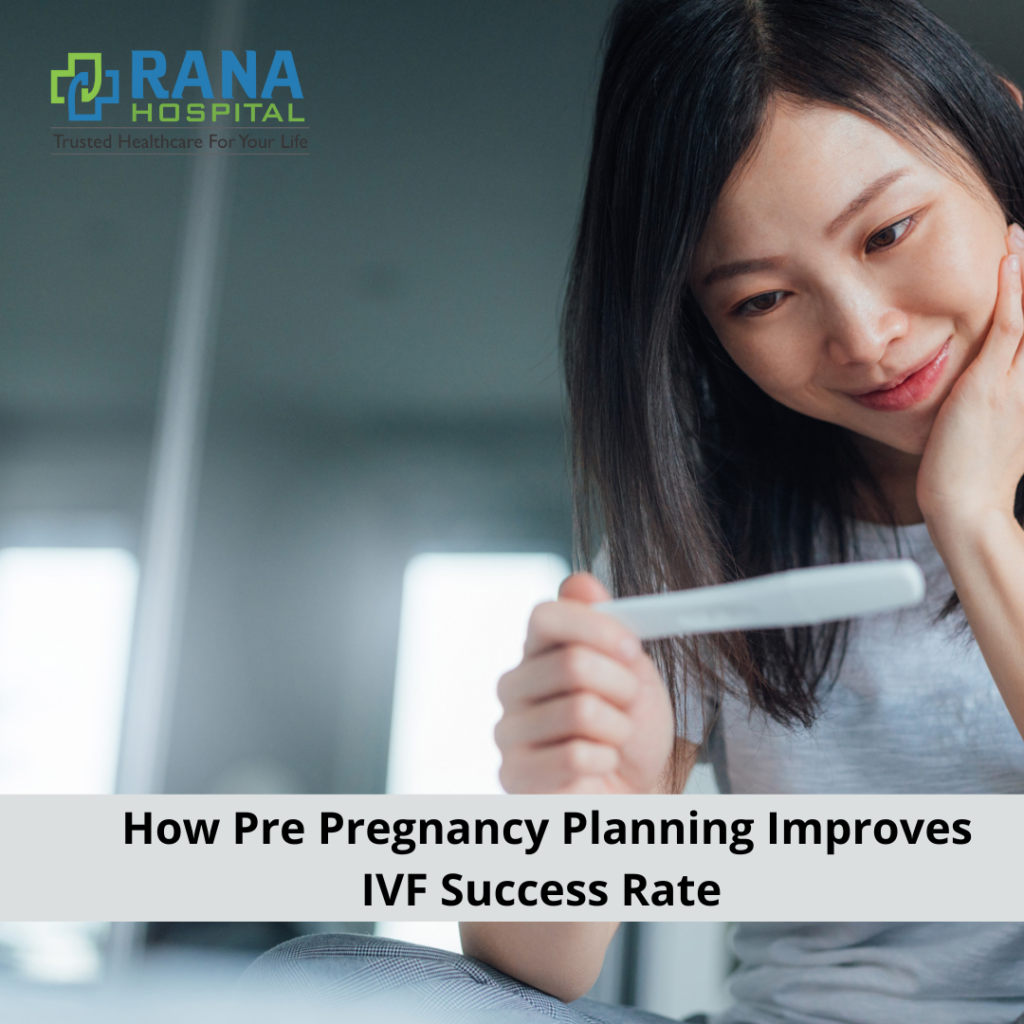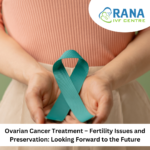How Pre Pregnancy Planning Improves IVF Success Rate
IVF may be an option for you if you want to become a mother, and your doctor may have informed you of this potential. Everything you do following IVF should be aimed toward pregnancy.

To use your eggs, the most crucial aspect in conception is the woman’s age. In nature, eggs produced before age 35 are the most nutritious. Aneuploidy is a medical word for genetic mistakes that are more common in female eggs beyond 35.
As eggs age, the IVF success rate drops.
Pregnant women under 35 have a 50/50 chance of delivering a healthy baby using IVF. Around 40, success chances halve.
It is statistically significant that the live birth rate decreases by about 10% between 35-37 and 38-40.
Live births drop significantly between 40 and 42+. Women who are 40 or younger have a more significant likelihood of becoming pregnant and giving birth than women who are 42 or older. Women who use their eggs are the focus of these statistics and trends. Donor eggs should be used according to the woman’s age when extracted, rather than her current age.
In addition to poor egg quality, older women are less likely to respond to ovarian stimulation hormones, which stimulate the production of numerous eggs. Increased chances of success can be achieved by producing at least a dozen eggs. It gives your fertility specialist the ability to select the egg with the best chance of implantation and everyday genetic makeup. When it comes to conceiving, not all eggs are created equal. After ovarian hyperstimulation, you should be able to get 8-15 eggs, at least some of which will be genetically normal and fully mature.
For a successful IVF cycle, here are some pointers.
- Smoking, exposure to hazardous chemicals, pesticides, and stress can all affect the success rate of IVF. If you’re considering IVF, you can increase your chances of success by taking the necessary measures and following some helpful hint.
- Weight loss and a healthy pregnancy are made possible by eating well, exercising modestly, and reducing excess pounds.
- Make alterations to your daily routine. Smoking and drinking alcohol are two of the most detrimental. Do not smoke, drink, or use pesticides before or during your IVF treatment because these can negatively affect your chances of conceiving.
- Additionally, the clinic’s experience, skill, equipment, and techniques used all contribute to the success rate of IVF. Choosing the right IVF facility is critical to achieving a successful outcome.
- It is possible to increase your chances of conceiving with IVF by using advanced methods like PGT, ICSI, Laser-assisted hatching, and embryo implantation augmentation protocols.
- In vitro fertilization (IVF) is stressful for the intended parents. IVF success can suffer as a result of these factors, as well. While going through the IVF process, keeping a good diet and exercise routine and de-stress is essential. the things to avoid for a successful IVF cycle
Conclusion
IVF success rates can be improved by utilizing donor eggs in cases where a woman’s eggs are no longer viable. However, your unique health situation may differ from that of the general population.





No Comments